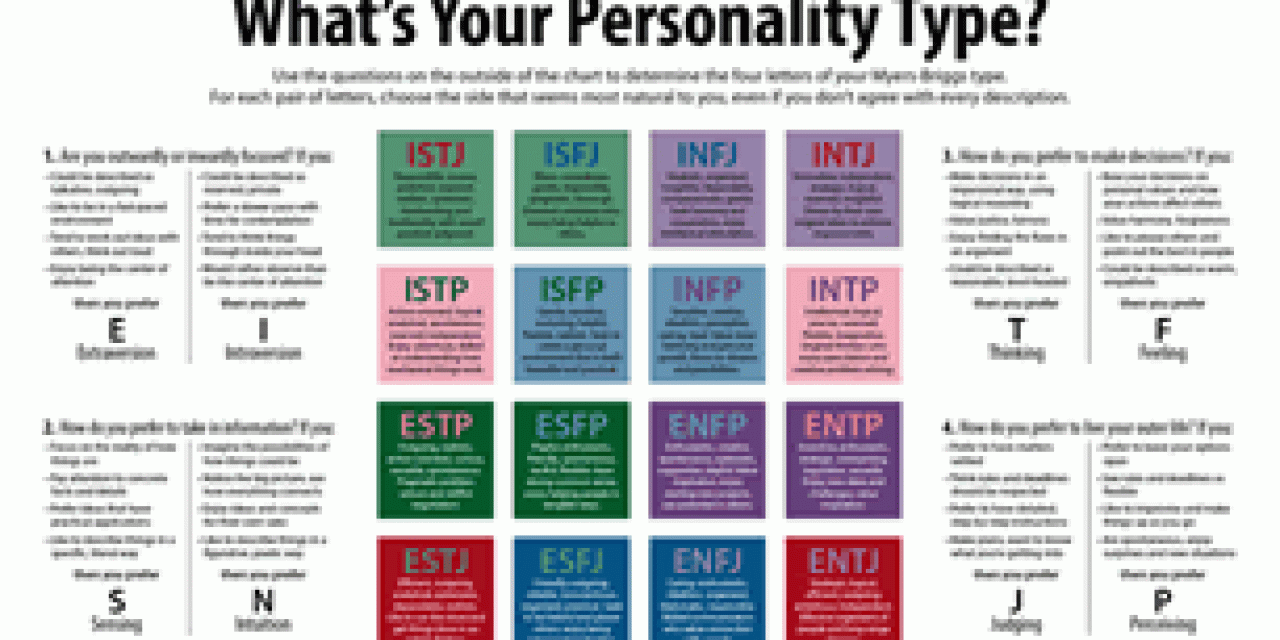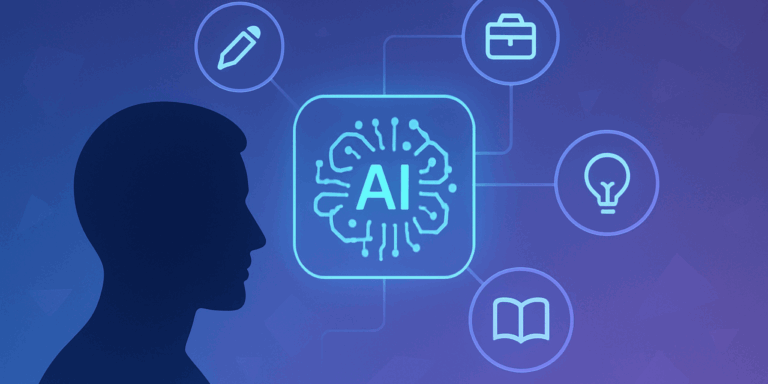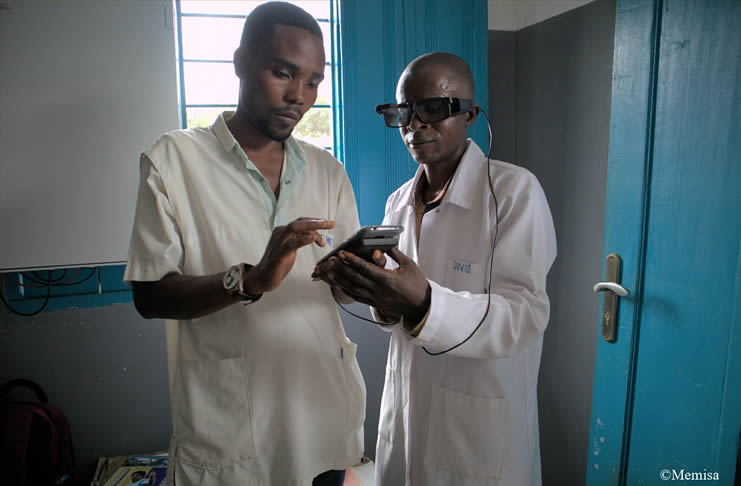As organizations focus more on customer service, the customer experience and, well, anything that’s customer-related, there’s also an increasing attention for the psychological dimension of business (workers) and customers.
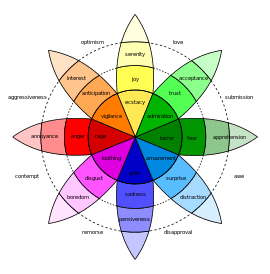
Indeed, we have finally discovered that customers are human beings and that the customer experience, just like anything that touches us, is predominantly a matter of emotions and the “mind”. Shocking revelations for many, so it seems.
Of course psychology has been used a lot before in marketing and certainly in customer experience management , where emotions are very present (remember emotion curves too). From a marketing perspective, think about the Myers-Briggs Type Indicator (see at the bottom of this page), based on work of Jung and used by some optimization experts in their own models as you can read in our guide to persona models.
And then there are so many models of human motivations, unfortunately all too often restricted to the eternal Maslow’s hierarchy of needs that I see used over and over by marketers, while it relies on an incomplete and overtly optimistic view.
Combining customer value and business value – beyond persuasion
While being a bit skeptical about this increasing attention for psychology, the unconscious and emotions in a context of marketing and business, I welcome it.
It’s about time we stopped looking at people as email addresses in a list or data in a CRM system and looked at them in a more holistic and human way.
But why has it taken so long? And are we really there yet (don’t answer that)? Are we talking about the emotional dimension because we really believe we must strive towards more satisfying customer experiences and less friction/frustration? Are we claiming to be more customer-oriented or are we genuinely more customer-oriented? There’s a difference between paying lip service to something and doing it with the customer and the business in mind, while realizing customer “value” defines business value in the end.
Psychological tips and tricks – for the sake of whom?
There’s a second reason why I’m a bit cynical about the sudden rise of everything that touches marketing and psychology (again, in many organizations and areas that attention already existed but it’s spreading very fast across several disciplines and in other areas).
I notice many psychological tips and tricks to achieve this or that. I know, you want to know these tips and tricks, I used to mention them now and then too. But do you want to know them to improve the way you put the customer in the center and provide “superior” customer service and a better integrated customer experience or do you focus on all the psychological advice and persuasive tips out there while still looking at customers as just numbers and data on a list? Let’s not forget for whom we are optimizing and for what goals.
Customer obsession is not data obsession or technology obsession – we are not our brain
Time for a third reason to be skeptical – and cautious. Marketers aren’t psychologists. And many psychological experts have a rather narrow view on what it means to be human, really human.
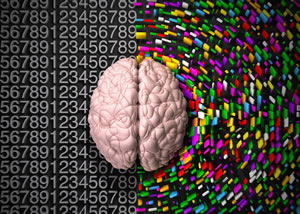
We live in an age where neurobiology rules. It’s no surprise neuroscience is so “hot” in marketing. We live in an age where we increasingly believe that “we are our brain” and that one day we’ll be able to explain everything that makes us human by really understanding the brain.
It’s even the title of a popular book of Dutch neuroscience professor Dick Swaab: “We are our Brains: From the Womb to Alzheimer’s“.
Sure, there are other voices, including mine. But let’s face it: even people who question the claims made in the book unconsciously reduce a lot to the brain and some other parts of the body. Just think about the dominance of the pharmaceutical approach in treating “mental issues”. Or about how we train our brains or use “mental coaches” to become more successful, happy and whatnot based on simple exercises that affect the brain (and let’s spare ourselves from the left and right brain nonsense).
The risks of biological dominance
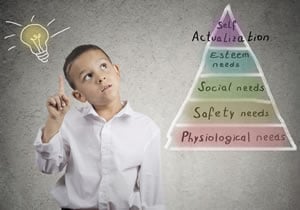
Our fascination with neuroscience and the brain is a dangerous one, often confusing cause and effect but also making us blind for the rich complexity of each individual.
In a world where digital and technology become ever more pervasive, the focus on neuroscience, combined with the fascination for technologies, has created a context where – again – we risk overlooking the human dimension as it is, beyond the simplicity of biology and technology.
We see it in the debates regarding the future of artificial intelligence, certainly among the overtly “optimistic” and the transhumanists that are obsessed by the possibilities, regularly reducing intelligence to the neurobiological dimension. In marketing I see the same happening with an often dominantly optimistic approach regarding data-driven marketing, automation and even personalization.
If we chose customer obsession, as Forrester likes to call it, we can’t just chose technology obsession, data obsession or biology bias. We have to look at the customer, who is about much more than that, as a human being that can’t be served using simple approaches. Sure, we can analyze a lot and we can even generalize here and there as we have to start somewhere and often can’t really take the individual complexity into account. Sure, the promise of data-driven marketing is to improve the customer experience. And in many regards it is – or should be. It’s even the very premise of data-driven marketing, where intent gets translated into future behavior.
But we shouldn’t fail by ignoring the broader context and the exceptions that are omni-present. We shouldn’t confuse cause and consequence. We shouldn’t only rely on data. We shouldn’t forget that the customer experience is far from just about marketing but about EACH interaction, perception and related (set of) emotion(s). And most of all, we can’t build a customer culture if we don’t look at the exceptions, the unique and the role of human-to-human interaction. Consumer perceptions will change over time and in many areas there’s probably also too much fear for the possible consequences of the data fixation, the (real, even huge) potential of AI and so on in various domains where people don’t see the benefits (for now). Yet, data, biology and technology alone won’t cut it, on the contrary. And in that sense it’s also about time that big online firms start getting much more transparent if we want to have an open debate.
Show a little respect
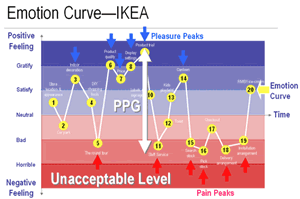
Emotions are essential. Tips and tricks can be fun and very useful and neuroscience has virtues but we shouldn’t exaggerate. Not in the “data and biology” sense and also not in the sense of pretending we’re in business to make the lives of people better when we’re really not (where are the first budget cuts when business is doing bad?).
Let’s stay a bit more modest here and start looking more at the essence. The customer wants what he/she wants and it’s rarely about the relational promises so many brands advocate. In the first place it’s about respect and being served the way he or she deserves as a customer. Getting stuff done without the frustration first.
With too much focus on the psychological “tips” in an age dominated by biology and on automation in an age dominated by technology, we risk forgetting the importance of emotions and true, simple and individual customer intent and indeed risk failing the customer because we don’t take all elements into account as required in ubiquitous optimization.
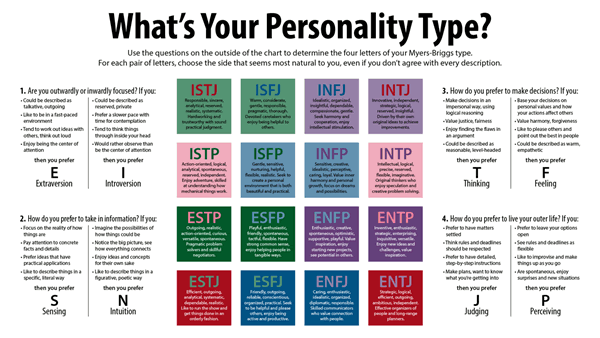
Images purchased under license from Shutterstock –Maslow image – brain image
